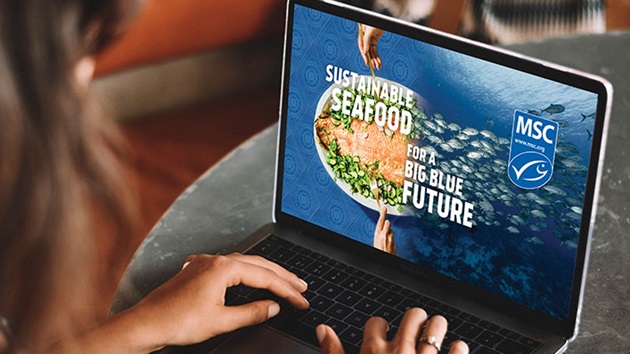In addition to the extensive training, time and money that goes into making an elite athlete, an athlete’s diet can play a big role in their success.
High-quality protein, such as seafood that comes from an MSC certified sustainable fishery, is critical for athletes. Nourishing the body with protein is a crucial part of workout nutrition. Learn why you should include sustainably sourced seafood in your workout routine.
Seafood is a top protein choice for athletes
Eating like an Athlete
Seafood is recommended for everyone, regardless of activity level. In fact, the 2020-2025 Dietary Guidelines for Americans recommend that individuals of all ages consume at least 8 ounces of seafood per week! And you can feel good about the seafood you eat by looking for the MSC ecolabel during your next trip to the grocery store.
MSC certified seafood comes from certified sustainable fisheries that work to keep the ocean healthy, fish populations thriving, and that adapt to our changing climate. You can feel good about fueling your body like an athlete, without having an increased impact on the planet.

Read more
Looking for more information on seafood and health?



